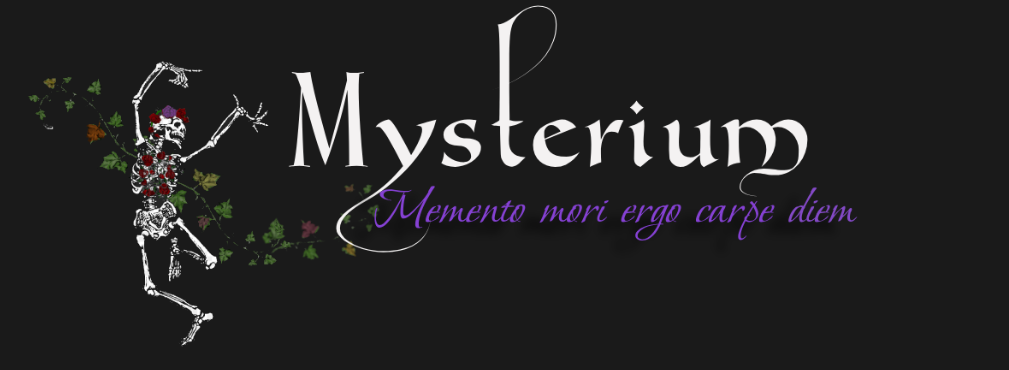
By Tony Wolf
Beginning about thirty years ago, increasingly since my father died in mid-2016 and with great intensity since the start of this year, I’ve been developing an embodied philosophical/artistic approach to – and “poetic faith” in -the reality of death and its implications for living meaningful lives. It draws inspiration from aspects of Stoicism, Epicureanism, Romanticism and other traditions, and it’s evolving into a set of secular ritual practices, a study course and so-on. There will eventually be media in the form of a book and video essays, etc.
My thesis is that post-Industrial, increasingly secular mainstream Western societies have largely failed to reckon with mortality. The inevitability of death is implicitly shunned via youth- and wellness-centered consumerism, resisted via high-tech professional medical systems that treat death as an enemy/failure and trivialized via Hollywood action movies and Halloween kitsch. Terror management theory refers to this simultaneous intellectual awareness of inevitable demise and instinctual urge to survive as “mortality salience”. It’s a perfect storm of anxiety and denialism that leads to all manner of social and personal ills.
My project is to develop a dynamic, coherent and positive (counter-)cultural response to this existential problem, centered on the simple philosophical premise of “mortality sapience”; that by remembering death, we can learn to seize the day.
Given that death is inevitable and final, it follows that our most secure human-scale legacy lies in living meaningful and fulfilling lives, preserving the best of our thoughts, words and deeds and recalling those who have passed. These ideas are represented by the emblem of the skull and roses.
What I have at the moment is an evolving set of practices including artworks, secular rituals, lifestyle choices, studies, thought experiments, exercises and so-on designed to teach and reinforce the lesson of memento mori ergo carpe diem. I know that it works for me, but at this point I’m seeking constructive criticism from freethinking folk who are interested in social philosophy, altruism, the potentials of secular/nontheistic religions, the relationship between art and spirituality and related spheres.
If you’d be willing to offer creative feedback on this project, please feel free to make contact via the comments.
